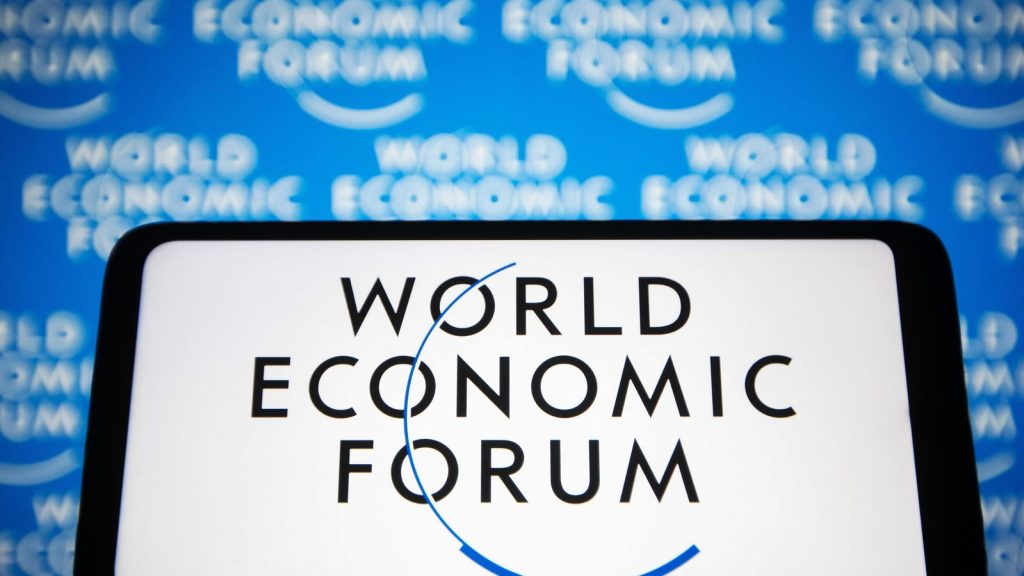This year’s Annual Meeting of Global Future Councils, last week in Dubai, featured thought leaders, Young Global Leaders (YGLs) and experts from diverse fields. Together the transformative impact of digital transformation, geopolitical shifts, climate change, and advancements in science and technology were discussed.
The Global Future Councils 2023 Meeting brought together 450+ experts and leaders worldwide.
Here’s a brief overview of crucial insights that can hopefully inspire your leadership and priorities.
1. The New World of Work: Leaders emphasized the need to focus on current and near-term risks, including understanding the impact of automation and augmentation on the workforce. Addressing bias, prioritizing reskilling, and upskilling emerged as collective priorities.
2. AI as an Industry Catalyst: AI’s potential to augment industries, create jobs, and boost productivity was discussed. However, participants stressed the importance of purposeful implementation, quality data, AI literacy, and comprehensive governance for AI to realize its full potential.
3. Technology and Climate Change: Experts explored technology’s role in achieving global net-zero targets and the energy transition. Forward-looking tech solutions were examined to address immediate challenges while scaling their impact.
4. Quantum Computing’s Impact: Quantum computing’s positive interaction with AI was highlighted, but it also raised concerns about cybersecurity risks.
5. Cybersecurity in a New Light: The Global Future Council on Cybersecurity drew parallels between public health and cybersecurity, advocating for data-driven investigations, population-level analysis, and preventive approaches to enhance risk resiliency.
6. Global Cooperation: Leaders stressed the need for global cooperation to balance innovation and AI regulation while aligning decarbonization objectives with societal goals.
7. Geopolitics and Trade: Economic fragmentation extends beyond trade agreements, encompassing sustainability, accountability, and transparency.
8. Lifelong Learning: To ensure the equitable distribution of benefits from technological changes, investing in lifelong learning and education remains crucial.
9. Equitable Energy Transition: A holistic approach to an equitable energy transition involves both top-down policies and bottom-up reskilling efforts.
10. Clean Air in Cities: Initiatives like the Breathe Cities Programme were launched to address air pollution in urban areas.
11. Autonomous Mobility: Implementing robust public policies is essential for integrating autonomous mobility into urban environments.
12. Sustainable Travel and Tourism: Sustainable citizenship and collective action are key to sustainable travel and tourism.
13. Tackling Antimicrobial Resistance: A “one health” approach is crucial to addressing the impact of antimicrobial resistance on human health.
14. Responsible Investment: Precise language for “sustainable finance” and consumer inclusion are essential to prevent greenwashing.
15. Cyber Warfare: The need for regulatory international treaties in the face of cyber warfare was emphasized.
16. Linking Nature and Security: Space-based satellite data can offer valuable insights into nature and security-related challenges, aligning with Sustainable Development Goals.
In a rapidly evolving world, the future of work and global trends are intertwined with the power of curiosity and collaboration is essential for shaping a brighter future.
Read the full article here









